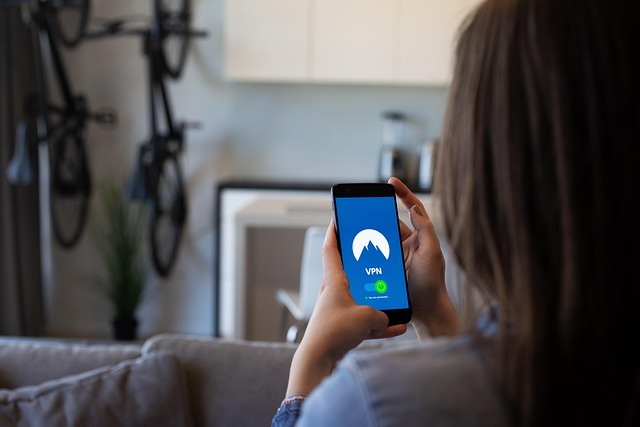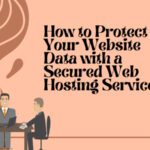When we browse online, we expose our personal data to certain risks. A VPN is supposed to act as a digital shield, hiding your IP address and securing your connections. But is it really essential today to protect your privacy and personal information?
What is a VPN and why do you need one?
We spend an unreasonable amount of time online (surfing the web, watching silly videos, or managing our bank accounts) while our personal data (more or less sensitive) circulates everywhere. Yet, it remains vulnerable, especially on public networks.
A VPN, or Virtual Private Network, works like a secure tunnel between your device and the internet. Instead of your connections going directly to the sites you visit, they pass through a remote VPN server. Your data is encrypted and your IP address is masked. The result: it becomes much harder for spies, hackers, or even your internet provider to track your activities.
Private browsing vs. VPN: The key difference
Many wonder if the “private browsing” mode built into browsers is enough to protect their information. The answer is no. Private browsing only stops your history or cookies from being saved on your device; it does not hide your IP address or traffic. A VPN complements this protection and ensures your data remains confidential, wherever you are.
When and why to use a VPN
Using a VPN is especially useful on public Wi-Fi. These networks are often unsecured and an easy target for cyberattacks. With a VPN, your information is encrypted and your connection is protected, letting you browse more safely.
But that’s not all: a VPN can also help bypass censorship or geographical restrictions. In France, the media release schedule is really annoying, you have to wait several months after a film’s theater release to watch it on streaming platforms! Even worse, if a channel broadcasts a film, it may temporarily disappear from platforms… So yeah, you get why I really need a VPN ^^
A VPN lets you access your favorite sites and services, even when abroad, and use streaming platforms as if you were at home.
To take advantage of great discounts on VPN subscriptions, you can check out SaveMyCent, a platform that gathers many special deals.
Beware of free VPNs
Free VPNs may seem convenient, but caution is necessary. Some may contain malware or track your activity to sell it to advertisers. Others limit connection speed or the amount of data you can use, which can quickly become frustrating (I’ve had fiber for 10 years, I’m used to fast speeds, going back isn’t an option).
Not all free VPNs are risky, but the dangers exist. For more reliable protection, it’s usually better to choose a reputable paid VPN. These services offer strong encryption, a no-logs policy, and advanced security features like a kill switch and multi-factor authentication. However, even with a paid VPN, it’s important to check the provider’s reputation and privacy policy.
Remember, a VPN does not make you completely invisible: sites can still track you via cookies, local storage, or browser fingerprinting, and your activities remain traceable if you are logged into services like Google or Facebook.
Conclusion
A VPN is a concrete way to secure your information, browse freely, and protect your online privacy. Whether at home, on the go, or on a public network, it provides safer, more relaxed browsing. And for French users like me, it’s indispensable (I might be exaggerating a bit) for streaming platforms to bypass geographical restrictions.










Leave a Reply